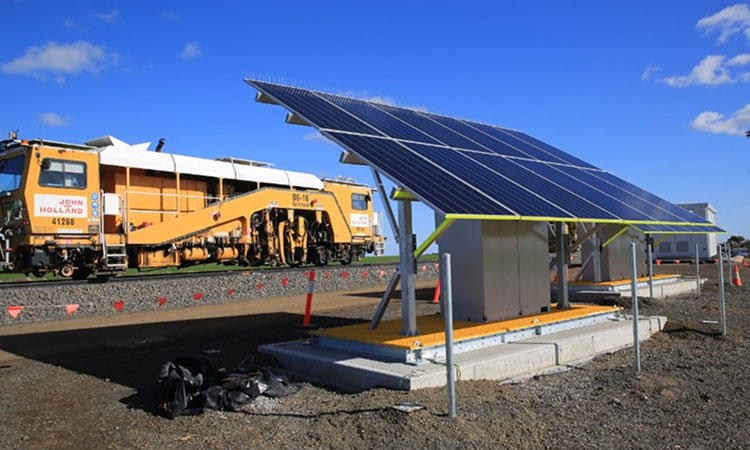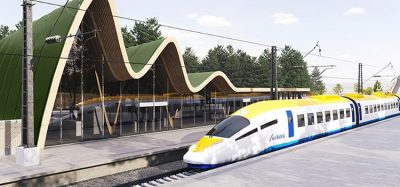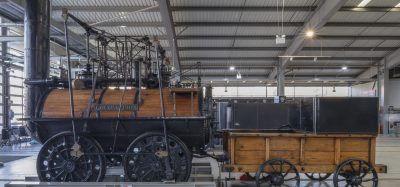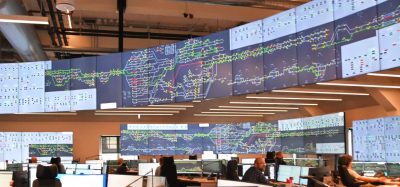Inland Rail unveil solar powered signalling system at Coolleearlee
Posted: 10 August 2022 | Elliot Robinson (Editorial Assistant - Global Railway Review) | No comments yet
Inland Rail have revealed a solar powered signalling system at Cooleearelee, the first solar solution to ever be used on their network.


Credit: Inland Rail
Australian Rail Track Corporation (ARTC) has turned to environmentally friendly solar power to provide electricity to the new Inland Rail signalling system at Coolleearlee, NSW, the first time Inland Rail has used a solar solution on the network. This will eliminate the need for a 2.2km trench through local properties to install and deliver mains power services to the new signalling site that will operate on the Narrabri to North Star section of the Inland Rail network.
Using solar power rather than mains power for the signalling system will deliver an environmentally friendly and sustainable solution to powering the 24-hour signalling system. ARTC estimates that using the solar-powered signalling system will save over $10,000 per year in operational electricity cost savings.
Using solar power also saved ARTC around $300,000 in costs, mostly savings from not building new trenching to connect to the electricity network, as well as associated hardware costs. In addition, using solar power on the signalling system also reduces Inland Rail’s ongoing maintenance costs as the solar system allows our engineers to remotely monitor system performance and efficiency without visiting the site.
Related news you will enjoy:
First fully digitally automated AutoHaul network connects Australian mine to port
The solar system is fitted with battery back-up that provides for ten days of back-up operation. The signalling system at Coolleearlee, around 50kms from Moree, will be used to support the crossing-loop that will operate in the area, allowing trains going in opposing directions to pass each other, allowing a more efficient rail service.
“Delivering power to rural signalling systems can be a real challenge so the successful completion of this solar powered system in Coolleearlee is a great outcome,” Peter Borrelli, Project Director for N2NS at Inland Rail, said. “We always seek to minimise disruption to local communities so using solar rather than mains power with all the construction work that would involve is a great result for the local community too.”
Related topics
Funding & Finance, High-Speed Rail, Infrastructure Developments, Signalling, Control & Communications, Sustainability/Decarbonisation








